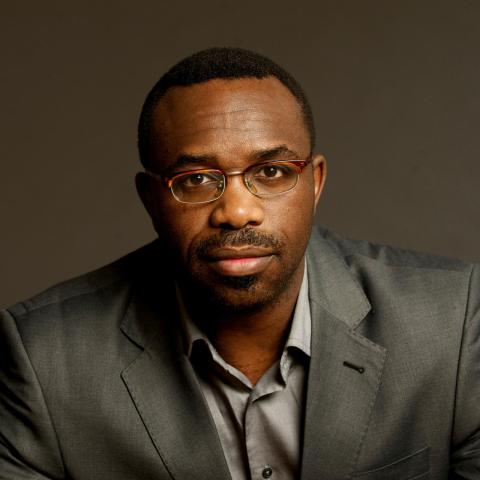Achieving Drawdown: What New Levers Can Companies Pull to Help the World Achieve Drawdown?
2022-09-21
There’s a hard truth about climate change: Meeting the Paris Accords—and limiting global warming to 1.5˚C or “well below” 2˚C—requires we stabilize emissions and then cut them nearly in half by the end of the decade.

Join the 85,000+ subscribers discovering how to drive meaningful climate action around the world! Every other week, you'll get expert insights, cutting-edge research, and inspiring stories.